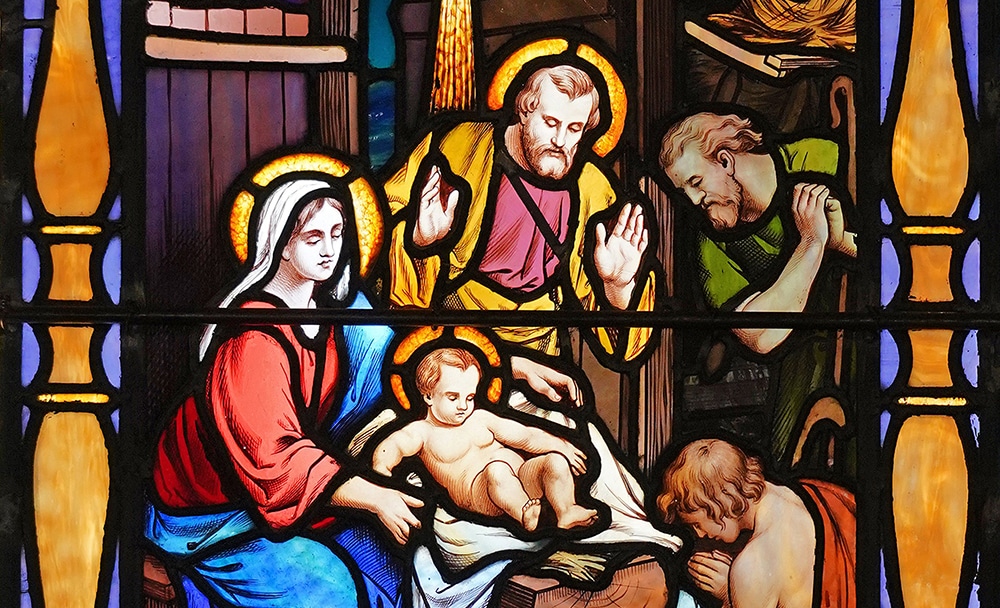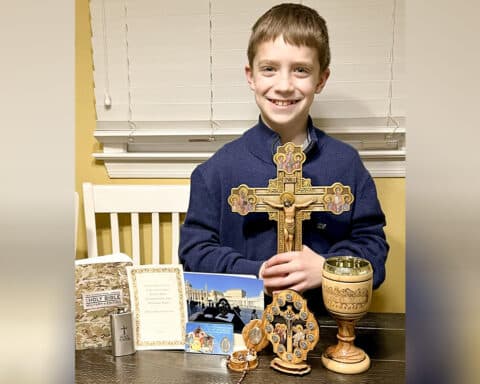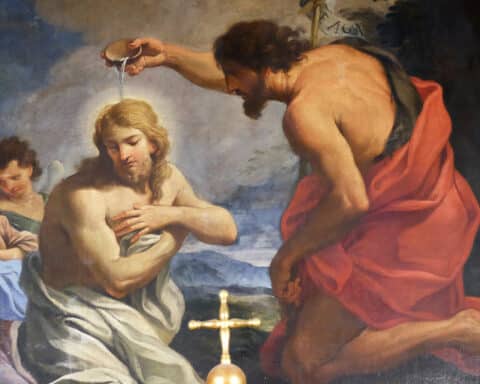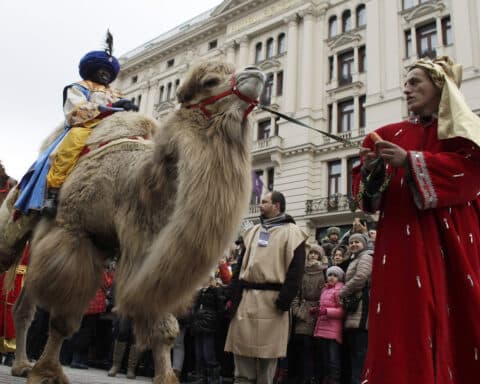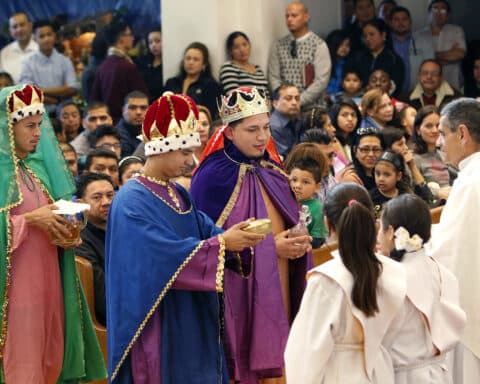
– Name, location withheld
Answer: Fascination with one’s birthday and stories from early childhood tend to be more of a modern fascination than one shared in the ancient world. Exact calendars and precise indications of time were reserved more for prominent figures such as kings and queens. For average people, there was preserved a more general notion of time, such as who was king or governor at the time of a person’s birth. Or perhaps a parent might say to a son or daughter, “You were born when the grain was knee high.”
An additional factor in not producing a full account of childhood and early years was the difficulty and costliness of writing. Parchments or lamb skins were expensive, and everything had to be hand-written. Authors were therefore very selective of the material they presented. Stories, incidents and teachings were selected that were particularly emblematic and significant.
All that said, Dec. 25 as the accurate date of Jesus’ birth need not be seriously doubted since there are many clues in the text that point to Dec. 24 or 25. We know for example that Zechariah, the father of John the Baptist, was of the priestly division of Abijah and was performing his scheduled service in the Temple when the coming birth of John the Baptist was announced. Since it is known when his priestly group served, we can count nine months into the future and conclude that John the Baptist was born in late June. The ancient Church set the feast of his birth on June 24. John the Baptist was six months older than Jesus, and this would place Jesus’ birth on or near Dec. 25. So things actually line up pretty well with the biblical data if we set the birthday of Christ, as we do, in late December.
The Christmas season
Question: Is it true, as some say, that Christmas really extends 40 days?
— Joelle Martin, Aberdeen, Maryland
Answer: No, not technically. Christmas ends liturgically with the feast of Epiphany. However, Feb. 2 (40 days after Christmas) is the Feast of the Presentation of Jesus. While this feast is linked to the Christmas cycle, by that time we have liturgically moved into Ordinary Time and merely harken back to the Christmas feast. Still, some prefer to keep Christmas decorations up until Feb. 2 and are free to do so.
Canonization process
Question: It occurs to me that lately the popes have been naming saints without the required two miracles, like the founders of various orders or movements. Why is this? Even some non-church people are as puzzled and concerned as I am.
— Pat Delaney, via email
Answer: There have indeed been changes beginning in the pontificate of John Paul II, which have reduced some requirements such as two miracles and the passing of 50 years after the death of a person before a process of canonization can begin. Many have lamented the modern “rush” to canonization and the lessening of certainties, such as miracles.
It had been the prudential stance of the Church that it might take time for the full scope of a person’s life to be seen clearly. It is a fact that, sometimes, details unknown in the lifetime of a person may come to light that hinder or at times elevate their perceived sanctity. Further, there is more to holiness than popularity or widespread acclaim. Requiring two miracles unexplained by merely natural causes also helped confirm human judgments. Shortening the 50-year initiation and reducing the miracles seems to many to be unwise. In a time of many and great scandals in the Church, it seems to many a far more prudent thing to let the dust settle and for the full story of a person’s life to both come out and be seen in a wider context. Hence you are not alone in your concerns.
That said, procedures for canonization are not forever fixed and can admit of reasonable changes as deemed appropriate by the Holy See. We shall see if the current relaxation of norms holds or if previous more lengthy processes are restored.
Msgr. Charles Pope is the pastor of Holy Comforter-St. Cyprian in Washington, D.C., and writes for the Archdiocese of Washington, D.C. at blog.adw.org. Send questions to msgrpope@osv.com.

